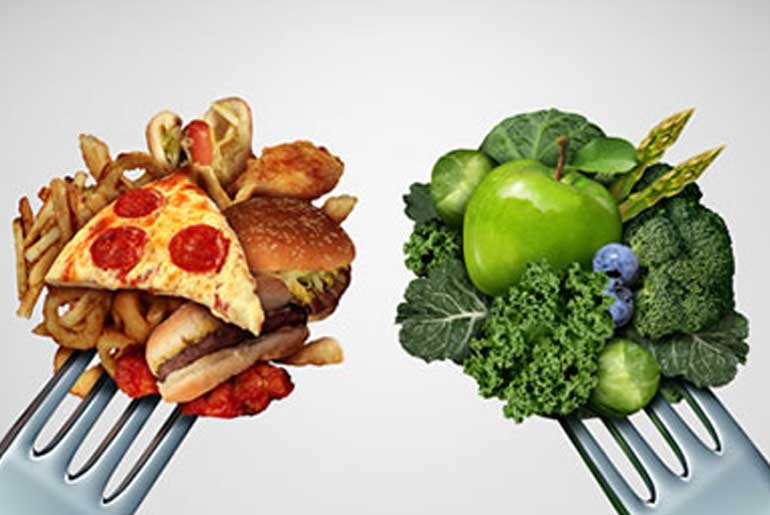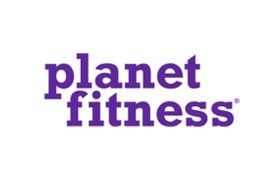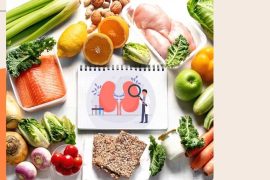When your body lacks essential nutrition, it sends various warning signs that shouldn’t be ignored. Chronic fatigue, frequent illness, brittle hair and nails, and dry skin are some physical indicators of nutritional deficiencies. Slow wound healing, mood swings, muscle cramps, and cognitive decline can also signal that your body isn’t getting enough vital nutrients like vitamins, minerals, or healthy fats. Unexplained weight loss and constant hunger or cravings further point to imbalances in your diet. Addressing these symptoms by improving your intake of nutrient-rich, whole foods is crucial for overall health and well-being.
Here are 10 common signs that may indicate your body needs more nutrition, suggesting deficiencies in essential vitamins, minerals, or other nutrients:
1. Fatigue and Low Energy: Persistent tiredness, even after a full night’s rest, can be a sign of nutrient deficiencies such as iron, vitamin D, or B vitamins (especially B12). These nutrients are critical for energy production, and without them, your body struggles to maintain optimal energy levels.
2. Weakness and Muscle Cramps: If you experience frequent muscle cramps, twitches, or overall muscle weakness, it may be due to a lack of electrolytes like magnesium, potassium, or calcium. These minerals are essential for muscle function and maintaining the balance of fluids in your body.
3. Frequent Illnesses and Infections: A weakened immune system is often a sign of poor nutrition. Deficiencies in vitamin C, zinc, and antioxidants can make you more susceptible to colds, infections, and other illnesses. Your body needs these nutrients to keep the immune system functioning properly.
4. Dry Skin and Hair: If your skin is dry, flaky, or your hair is brittle, it could be a sign that you lack essential fatty acids (like omega-3s), vitamins A and E, or protein. These nutrients are critical for skin repair and hydration, as well as for strong, healthy hair.
5. Poor Wound Healing: Slow wound healing or frequent bruising can be a sign of low levels of zinc, vitamin C, or protein. These nutrients are necessary for collagen formation and tissue repair, helping wounds close and heal quickly.
6. Digestive Issues (Constipation, Bloating, Diarrhea): Digestive discomfort such as bloating, constipation, or diarrhea may indicate that you lack dietary fiber or are deficient in nutrients like magnesium, vitamin B, or healthy probiotics. Gut health is closely linked to nutrition.
7. Cracked Lips and Mouth Ulcers: Frequent sores around the mouth or cracked lips, especially at the corners, may indicate a deficiency in iron, zinc, or B vitamins, particularly riboflavin (B2). These nutrients are crucial for maintaining healthy skin and mucous membranes.
8. Frequent Headaches or Dizziness: Recurring headaches or dizziness can be a sign of dehydration, low blood sugar, or deficiencies in iron, magnesium, or B vitamins. These nutrients play a role in brain function, circulation, and maintaining stable blood pressure.
9. Pale or Yellowing Skin: Pale or sallow skin can be an indication of anemia, which is often due to insufficient iron, folate, or vitamin B12 intake. These nutrients are essential for red blood cell production, which helps transport oxygen throughout the body.
10. Brittle Nails: Weak, brittle, or ridged nails may signal a deficiency in nutrients like biotin, iron, or protein. Nails require a steady supply of these nutrients for strength and healthy growth.
If you experience any of these signs regularly, it’s a signal that your body might need better nutrition. Ensuring a balanced diet rich in essential nutrients like vitamins, minerals, healthy fats, and proteins can help you avoid these symptoms and maintain optimal health.
Disclaimer:
The information contained in this article is for educational and informational purposes only and is not intended as a health advice. We would ask you to consult a qualified professional or medical expert to gain additional knowledge before you choose to consume any product or perform any exercise.








